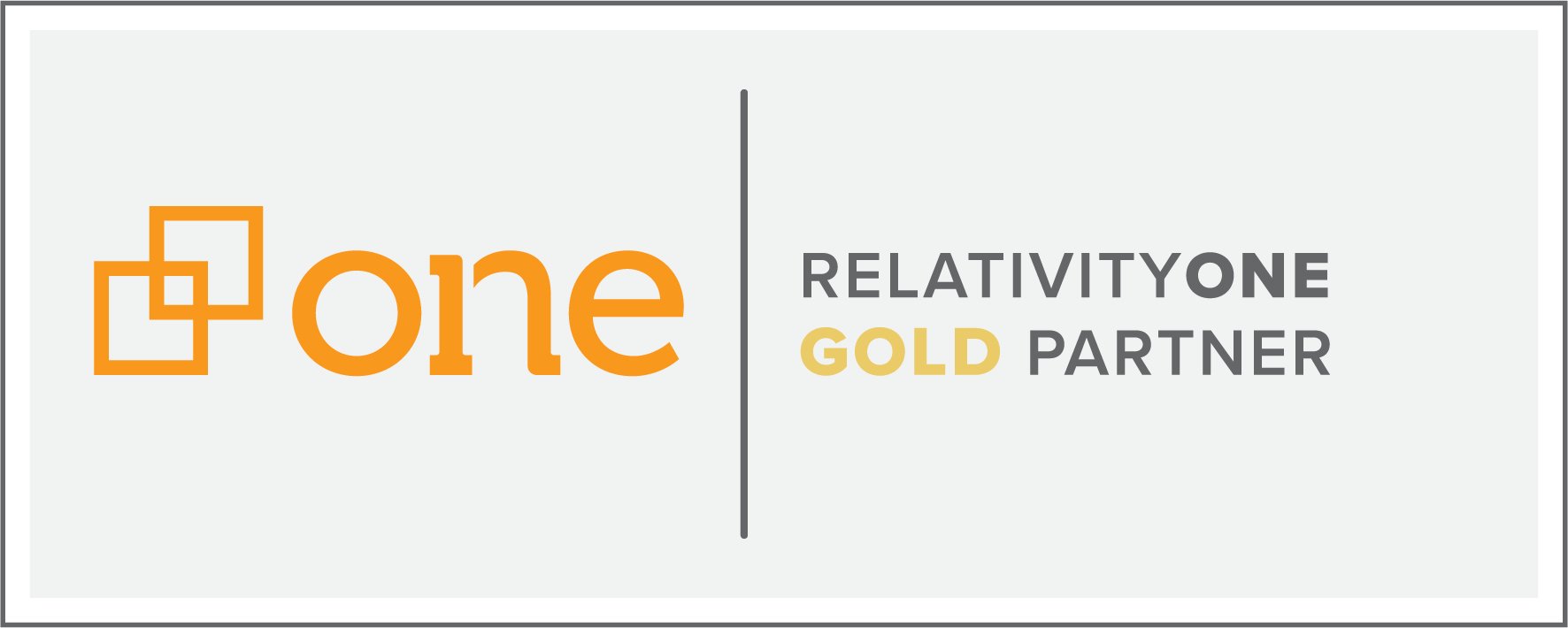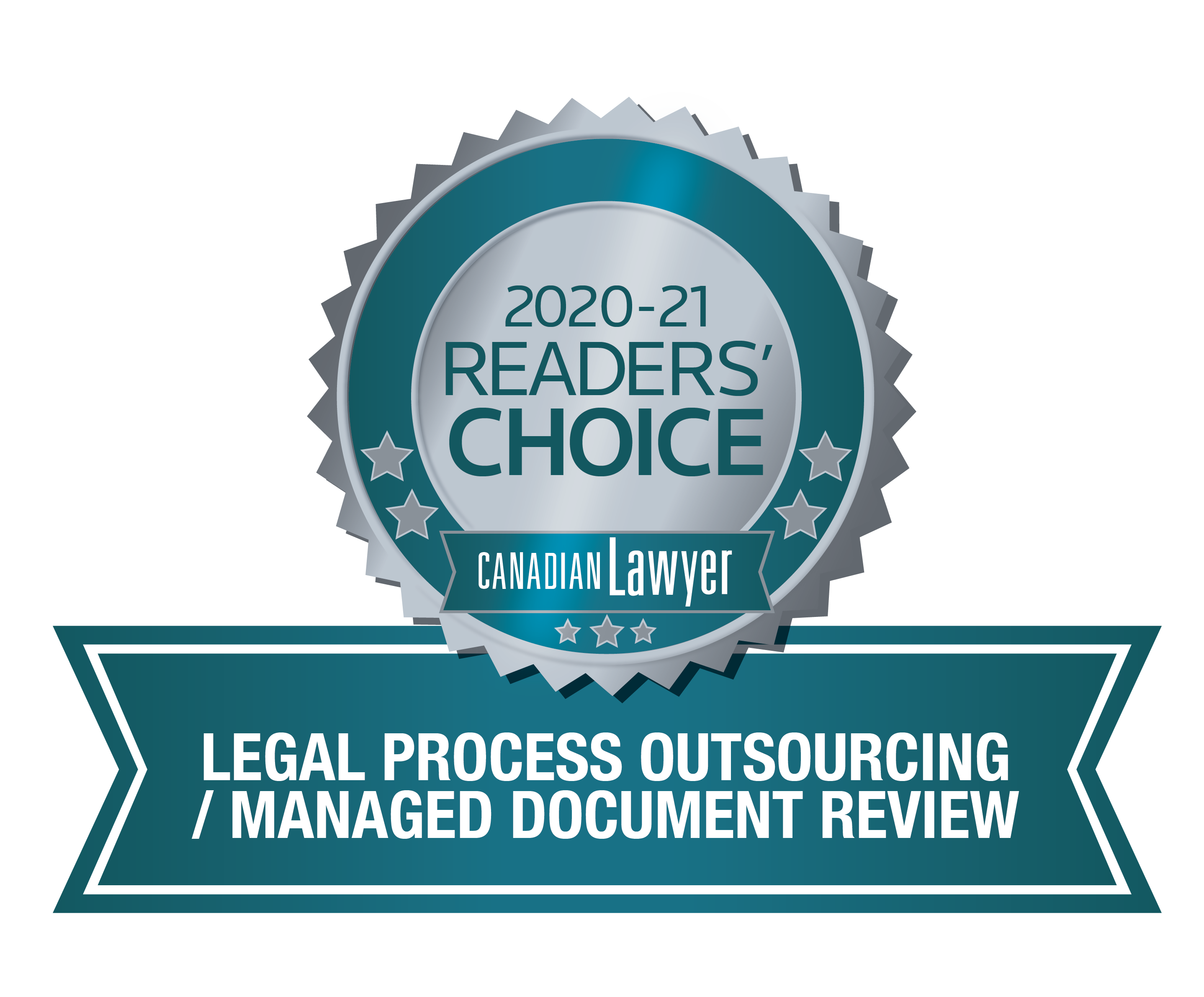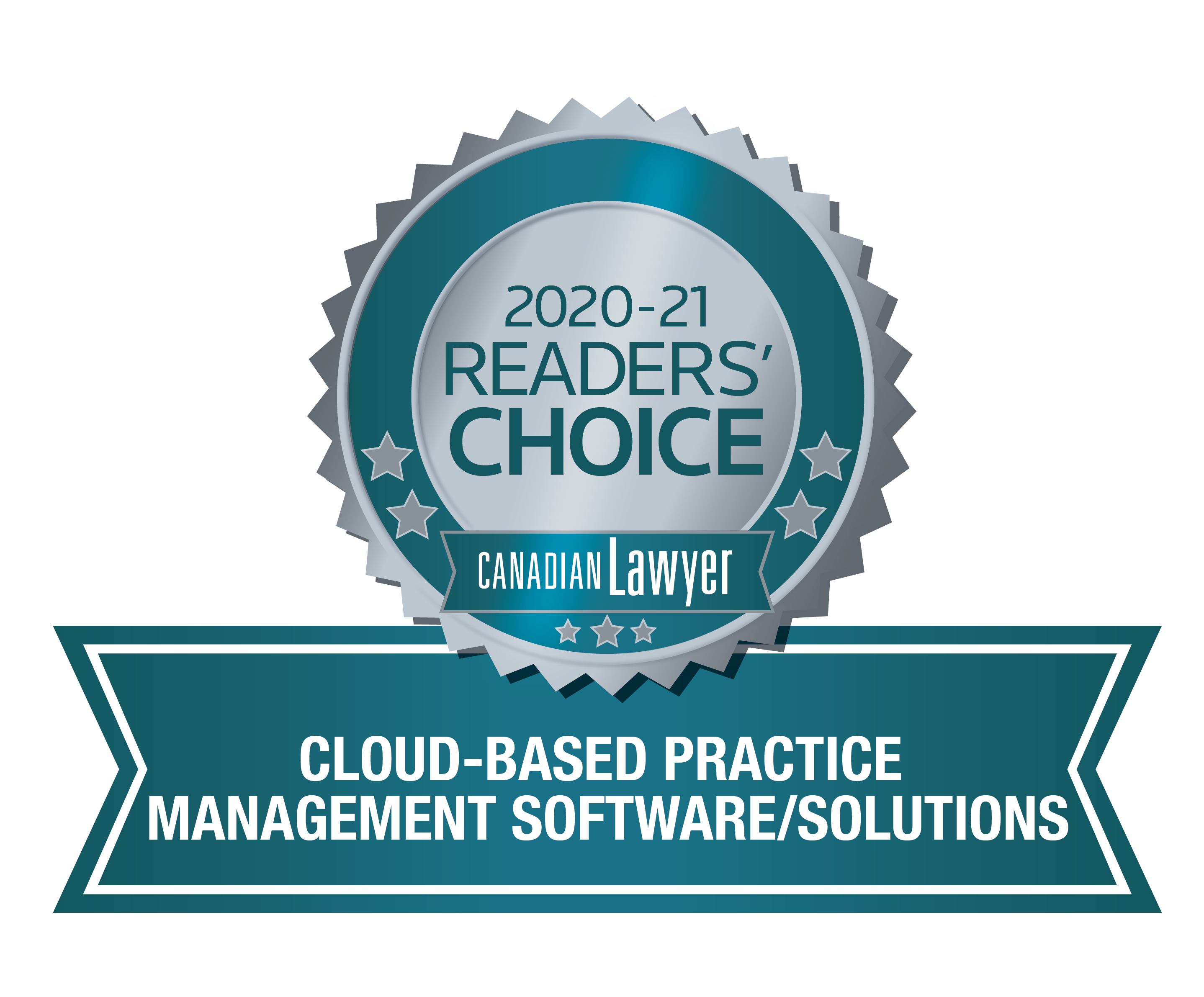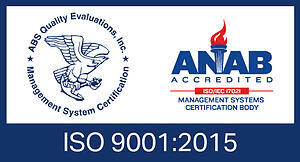
By 2025, it is reasonable to assume that the digital tools emerging in legal practice will have advanced to the point there all legal services involving the standard application of legal knowledge will be delivered by technology.” — Cambridge Strategy Group
Earlier this week, we hosted the first webinar in our Ricoh TechTalks Winter Webinar Series: Enabling the Law Firm of the Future. Together, Ricoh's Esther Labindao and Sean Lynch along with Kasia Kogut, eDiscovery Law Clerk at Stieber Berlach LLP, explored the expanding capabilities of legal technology, its associated costs, and when it's best to to use a self-service eDiscovery program versus an outsourced provider.
As legal teams continue to feel the pressure to produce more results with less resources, the panel set out to provide insights on how law firms of all sizes can leverage technology in order to improve operational efficiencies and focus on their core legal activities.
The Expanding Capabilities of Legal Technology
“Certainly by 2025,” Sean opened the discussion, “most of the services delivered by law firms, in-house legal counsel and service providers like Ricoh, will touch on technology in one way or another. It’s going to become rare that a legal event occurs without technology interfacing with it in some manner.” All three of the panelists agreed unanimously. Kasia explained, “There is really no practicing law without technology anymore.” She acknowledged that while some legal teams may be reluctant to embrace technology initially, many come around once they realize the value, time and cost-savings it can help them achieve.
There is really no practicing law without technology anymore.” — Kasia Kogut, eDiscovery Law Clerk at Stieber Berlach LLP
Esther, who joined the eDiscovery industry in 2007, shared how much legal technology has evolved during her time in the business. “It was very paper reliant when I started. We were scanning and digitizing. While we do still see some of that today, most legal teams have transitioned to working in an electronic format because paper is not secure.” When you use programs like Venio or Relativity, she explained, you can easily share files, set up multi-factor authentication to enhance security, and leverage features like near-duplicate detection and email threading to alleviate the manual work that traditionally went into a review.
Collaboration came up as an important factor when evaluating technology. Kasia explained, “We previously would send endless binders of documents to one another. Technology has made this easier. When you have your documents in a hosted environment, you’re one click away from sharing them.” The user-friendly nature, she noted, makes it straightforward for whoever is involved to make notes and leave comments. “It makes the whole process so much more efficient. I’m a big fan.”
In addition to working with one’s associates and clients, Sean noted how utilizing technology can also ease the process of working with opposing counsel. “It’s so easy to send documents and track their status. If you happen to discover that a privileged document has been disclosed, you know exactly what the document number is and can instruct the other side to delete it. The security you get, plus the ease of use, really enhances the entire eDiscovery process for both sides.”
The Cost of eDiscovery:
There is a cost associated with using eDiscovery but there can be an even bigger cost for not using it.” — Sean Lynch, Director, Legal and Compliance Solutions, Ricoh eDiscovery
As with any investment, several factors go into the cost of eDiscovery. Esther explained, “There is a misconception that it is just the upfront cost of the software or the licensing, but a lot of the expense actually goes to the infrastructure. When you’re bringing tools in-house, you have to make sure you’re also investing in the training that's needed to properly run and manage it.” This training, she explained, can be both expensive and time consuming, and is often too demanding for employees to take on in addition to their day-to-day responsibilities.
“There is a cost associated with eDiscovery" Sean explained, "but there can be an even bigger cost for not using it. The right technology will help teams seemingly do more with less. It makes each case run far more efficiently and effectively.” Agreeing, Kasia added, “The upfront cost for technology can seem high or unnecessary at the outset of a file, but it will ultimately save a lot of money through that files lifecycle.”
Outsourced vs. Self-Service eDiscovery
When bringing technology in-house is not the right solution, there are options to outsource cases to an external service provider. The panel ended the webinar by tackling the question of which eDiscovery option is best. “It depends on the size of the data,” Kasia explained. “Anytime there’s small data sets, I think in-house, self-service eDiscovery is the way to go. But, when it comes to projects that require significant storage and hosting capabilities, that’s when I would recommend turning to a vendor for outside hosting.” The time spent on uploading and processing, she stated, just isn’t worth doing in-house if you do not have the latest technology.
The three panelists agreed a hybrid approach of keeping projects both in-house and outsourced on a case-by-case basis works best for most firms. By adopting a self-service eDiscovery model, legal teams can own their smaller cases, but also rely on an extended team of technical specialists and review lawyers should larger cases (or cases that involved a large amount of data) arise. “It’s a way to get the best of both worlds,” Sean concluded.
---
To view the full webinar recording, click here.
Ricoh offers full-service eDiscovery solutions with deep experience and expertise to optimize your processes. To learn more, get in touch with us today.








